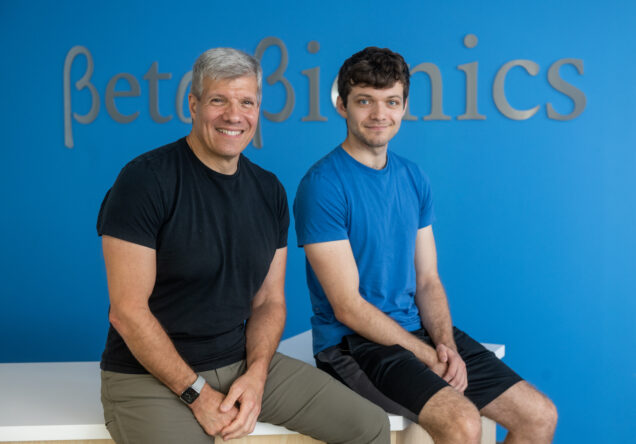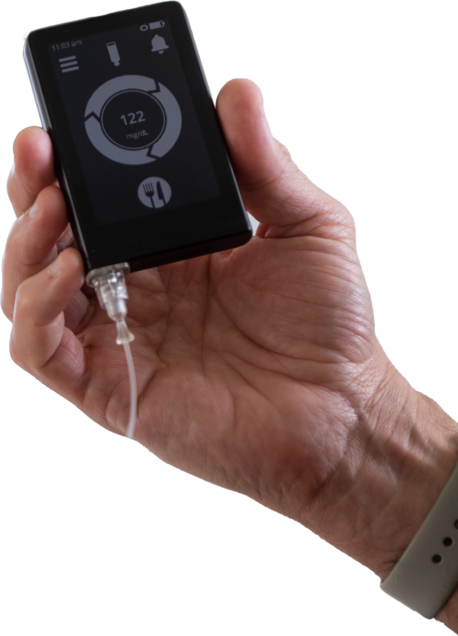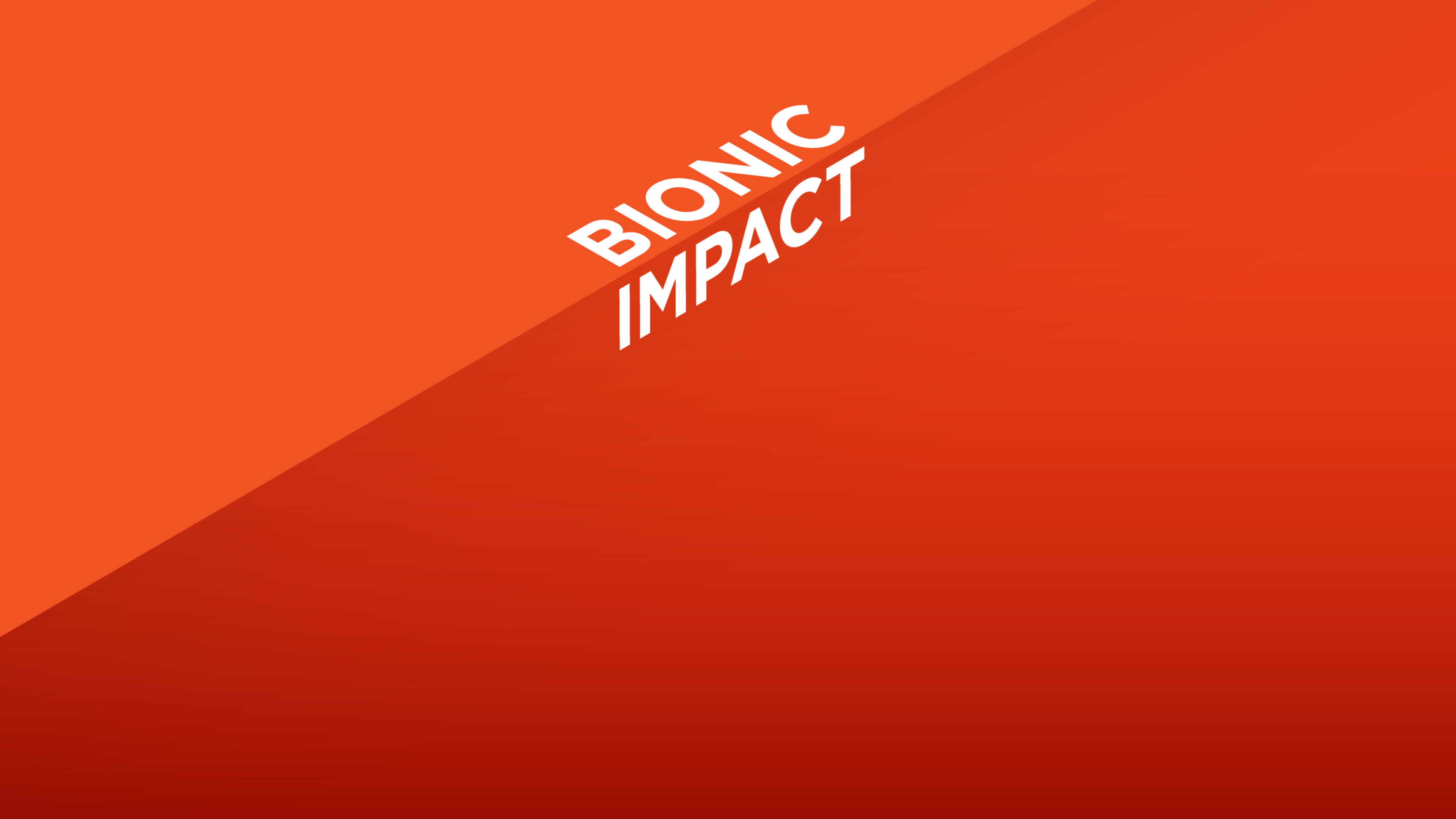Bionic Pancreas? Ask Your Pharmacist

FROM LAB TO PHARMACY
The iLet Bionic Pancreas has landed on the market, bringing fresh hope to countless people with type 1 diabetes. Developed in a Boston University lab, the wearable, pocket-sized, automated, insulin-delivery system was cleared by the US Food and Drug Administration in mid-2023, and TIME magazine recently named it one of “The Best Inventions of 2023.”

The approval is a massive milestone in a two-decade—and deeply personal—journey. Coinvented by EDWARD DAMIANO, a professor of biomedical engineering, the new device combines an insulin-infusion pump with algorithm-controlled, dosing-decision software. Damiano was inspired by his son, who was diagnosed with type 1 diabetes when he was just 11 months old.
In people with type 1 diabetes, the pancreas doesn’t produce enough insulin—an essential hormone for utilizing and storing sugars. Uncontrolled, this chronic condition carries a host of complications, from heart disease to eye damage. There’s no cure.
For most of his son’s early life, Damiano and his wife woke every few hours in the night, checking their son’s blood sugar levels, giving him insulin or juice to control the numbers. “Sleeping is the scariest part of all this,” he says. “It’s what put this project on a high-speed rail. It’s a very scary prospect that blood sugars could go low at night. When you’re sleeping, you’re checked out and you don’t want to check out permanently.”
In 2015, Damiano cofounded Beta Bionics, a public benefit corporation, to advance the technology. Four years later, the company had raised $137 million to push the device through the final stages of clinical research and product development. Since then, Beta Bionics has raised an additional $160 million to support regulatory clearance and commercial launch of the iLet Bionic Pancreas in the US.
Communicating with a Bluetooth-enabled continuous glucose monitor, the iLet Bionic Pancreas can administer customized insulin doses every five minutes, based on calculations of current and past glucose levels and anticipated levels based on insulin it has delivered. Small enough to be clipped on a bra strap or thrown in a pocket, the iLet means patients will no longer have to constantly measure their glucose levels and calculate, with help from their doctor, their correct insulin dose—a 24/7 endeavor.
The iLet Bionic Pancreas is now commercially available, for people six and older with type 1 diabetes, and ready for widespread impact.
University Provost Ad Interim KENNETH LUTCHEN, as the former dean of the College of Engineering, bore witness to Damiano’s determination and vision over the years, “This is such a fantastic example of what a Boston University societal engineer does—advancing new ideas into real inventions driven for the betterment of others.”
